Released on April 2, 2025, Fanon by Jean-Claude Barny revisits the life of revolutionary thinker Frantz Fanon. Despite his historical importance, the film faces limited access in French theaters—a situation symptomatic of the ongoing underexposure of Black cinema.
Act I — The urgency of a film
It was about time. While Frantz Fanon’s name echoes in universities around the world and inspires liberation struggles in Palestine, the United States, and South Africa, France had never deigned to dedicate a film to him. It took until 2025 for a feature film to visually trace the meteoric trajectory of the Martiniquan psychiatrist who became a revolutionary voice of decolonization.
Jean-Claude Barny, director of Neg Marron and a craftsman of memory-driven cinema, signs Fanon as a work both necessary and courageous. On screen, Alexandre Bouyer portrays a Fanon who is both incandescent and methodical, caught in the turmoil of colonial wars and the mental violence of racism. Opposite him, Déborah François embodies a colonial Europe frozen in its self-righteousness.
More than a biopic, Fanon is a detonation. A rare and precious attempt to tell the story of a man whose ideas continue to illuminate the blind spots of our postcolonial societies.
Act II — A film in struggle
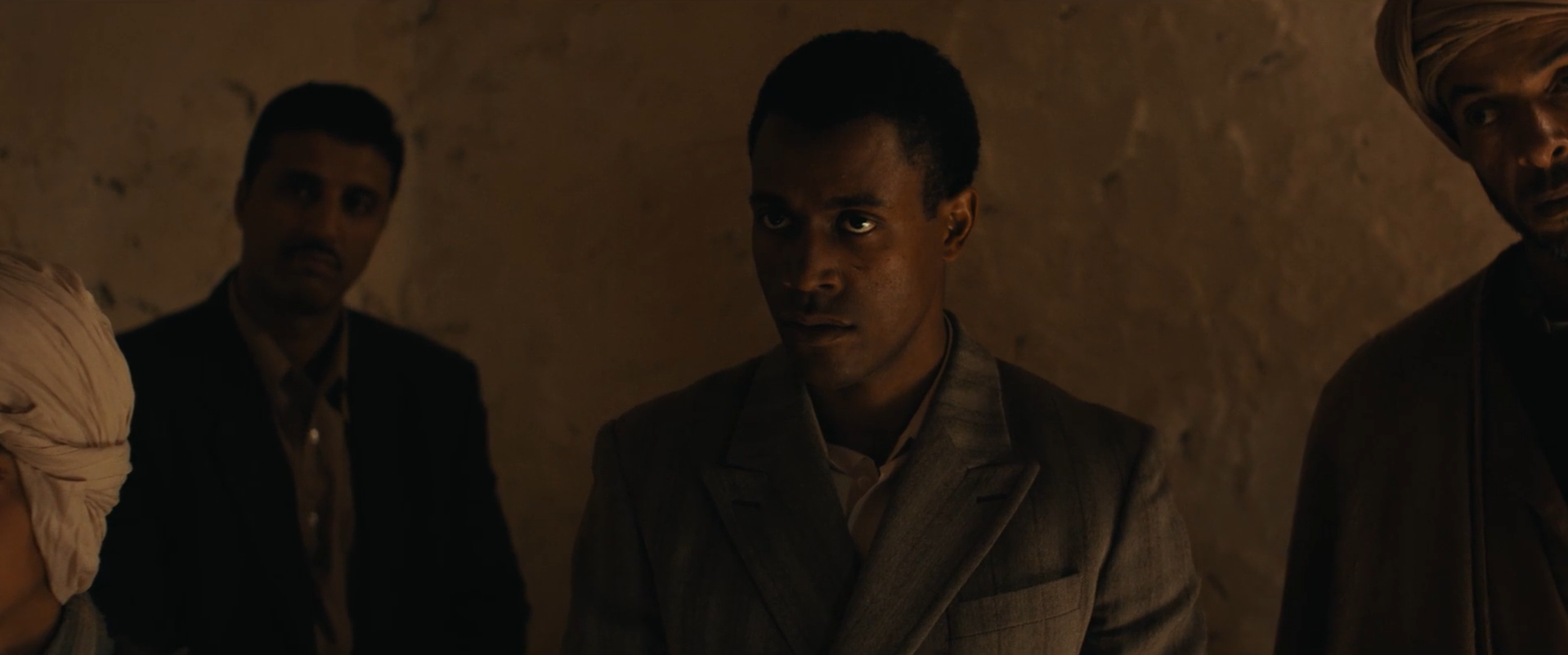
On April 2, 2025, Fanon was released in theaters. But very quickly, a shadow loomed over this cinematic birth: the film would only be shown in about 70 cinemas in France, while hundreds of screens open each week for Hollywood blockbusters. Several MK2 cinemas—according to various sources—chose not to program the film, despite its historical significance.
The numbers are chilling: a film about one of the most cited thinkers in the world, distributed in only a handful of theaters.
This near-invisibility raises questions: is France—the self-proclaimed land of the Enlightenment—ready to hear the story of a man who deconstructed its most deeply rooted myths? Can it host in its theaters an anticolonial discourse that lays bare its most profound contradictions?
Act III — Fanon, a global figure
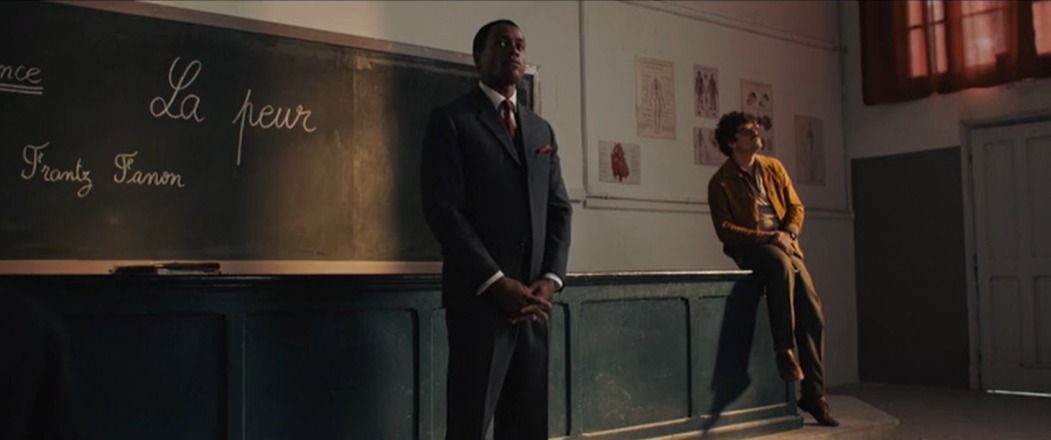
And yet, around the world, Frantz Fanon is celebrated. In the United States, Angela Davis, Bell Hooks, and Cornel West have extensively cited him. In Africa, he is studied as a strategist of psychological warfare, having supported the Algerian revolution. In Latin America, his thought nourishes the struggles of Afro-descendants.
Fanon is not just an intellectual—he is a shockwave. A methodical rebel. A poet-thinker and trained psychiatrist who managed to theorize the madness of colonization and the psychic wounds it inflicts long after independence.
His ideas, born between Fort-de-France, Blida, and Tunis, continue to shake the foundations of systemic racism and neocolonial capitalism. So why the silence in France?
Act IV — A cinema of the invisible
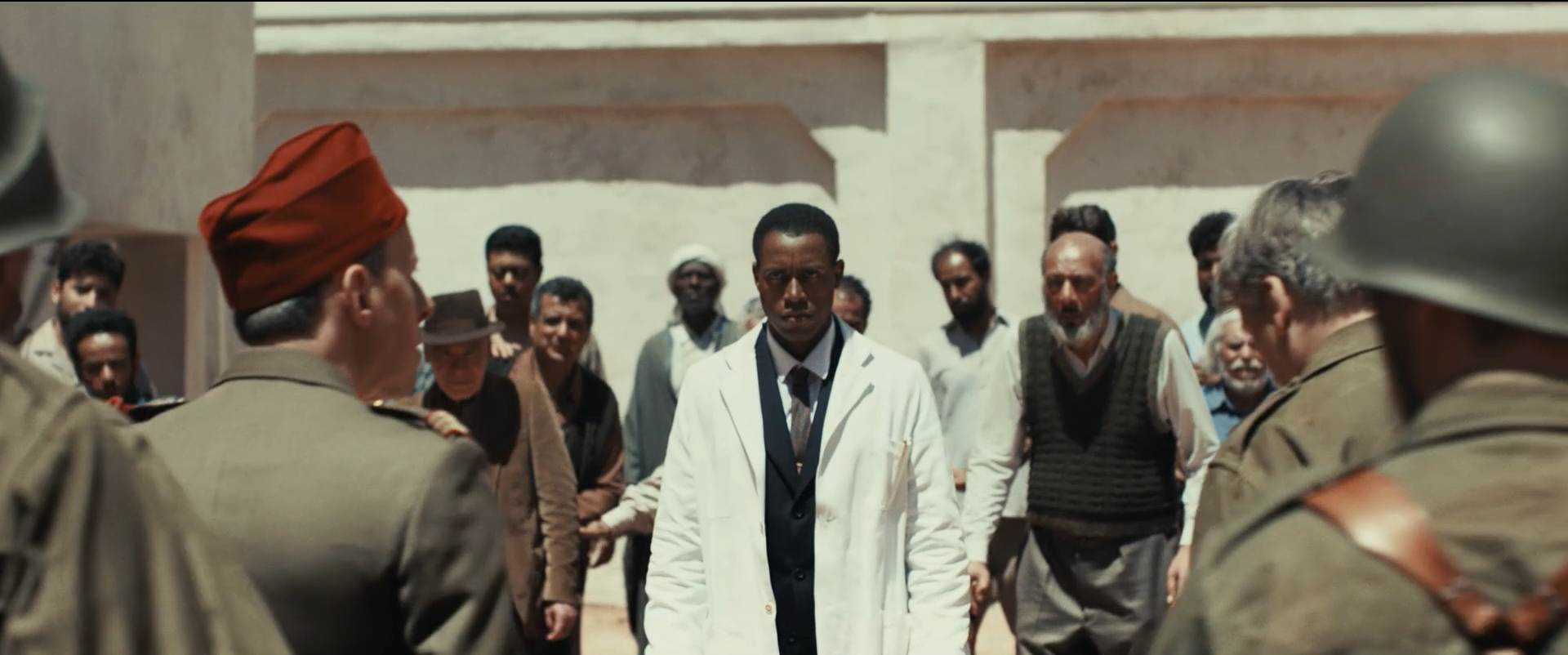
Fanon is not an isolated case. In recent years, several major films about colonial history, slavery, or Afro-descendant memory have struggled to find funding, distributors, or screens. From Case Départ to Le Gang des Antillais, Vazaha, or Le Gang des Bois du Temple, Black narratives—especially those that don’t stick to entertainment—remain confined to marginal circuits.
This lack of exposure is political. It reveals a deeper fear: the fear of letting minorities tell history differently. Of letting other narratives, other heroes, and other memories emerge. As historian Françoise Vergès puts it:
“Those who control the narrative control history.”
Act V — The popular reception
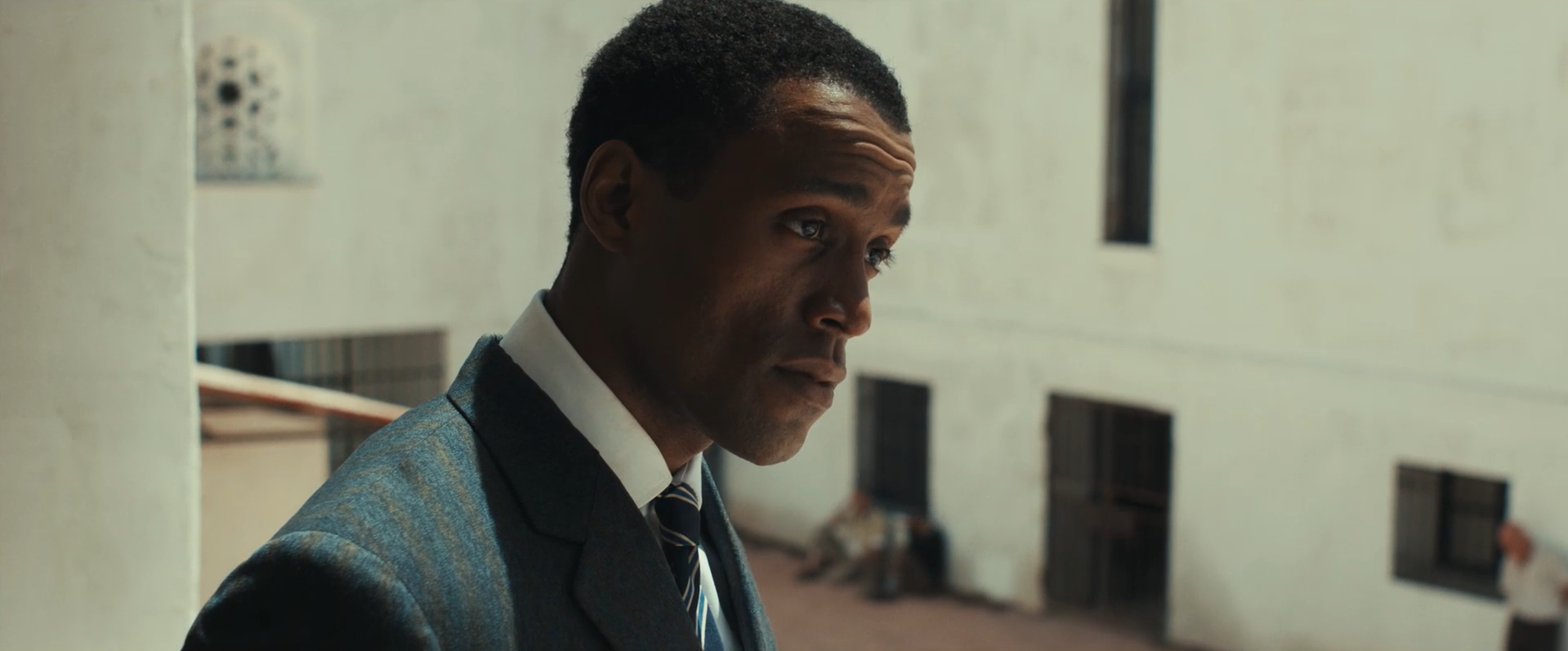
Despite this wall, audiences are showing up. Fanon drew more than 9,500 admissions in just 3 days—even with its limited distribution. In Martinique, Guadeloupe, and French Guiana, theaters are sold out. Impromptu screenings and debates are being organized. Viewers leave the cinema with tears in their eyes, deeply moved. The film strikes a sensitive chord—one of identity, justice, and reclaimed dignity.
In the age of social media, it’s the audience itself that is promoting the film. On X, Instagram, and TikTok, clips are shared, Fanon’s quotes resonate, and calls to go see the film are multiplying.
The popular engine has been ignited.
Act VI — Repairing cinema

Jean-Claude Barny does not formally cry out for a boycott. But he acknowledges a reality: access to screens is a silent war. A war fought by all Afro-descendant filmmakers, by all creators on the margins, by all those carrying a different kind of cinema.
Fanon could have been a film supported by the CNC (National Center for Cinema) as a duty of memory. It could have been part of a school program, institutional partnerships, or broadcast on major networks. But none of this happened.
And yet, this very absence makes the film even more powerful. It is the expression of a refusal to be erased. A right to tell our stories. A cinematic act of defiance.
Act VII — Making noise
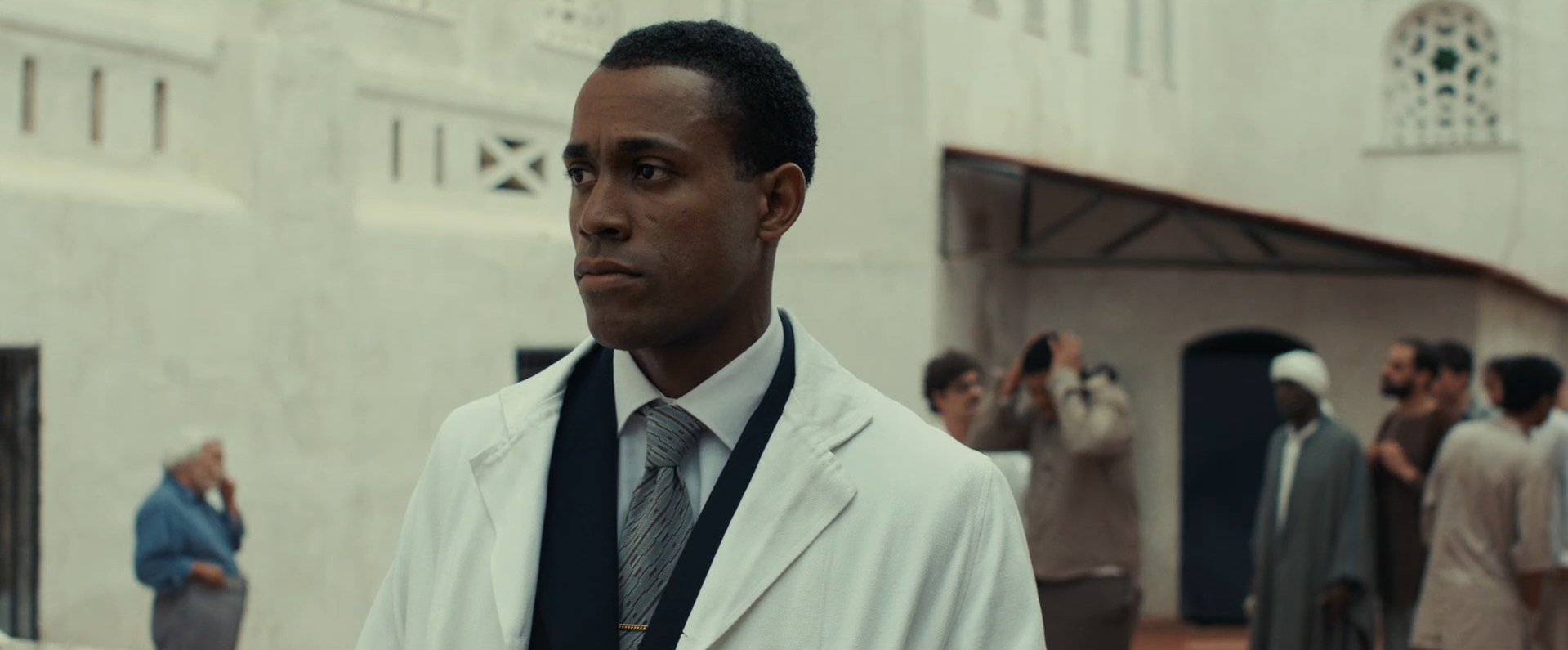
As the film continues its journey, it’s up to each of us to take part in its momentum. Go see it. Talk about it. Recommend it. Defend it.
Because Fanon is more than a film. It is a political act. A response to a history written without us. A counterattack against erasure. A light in a tunnel of silence.
Cinema can be a weapon. Jean-Claude Barny reminds us of this with elegance and radical strength. It’s now up to us to make it an aftershock.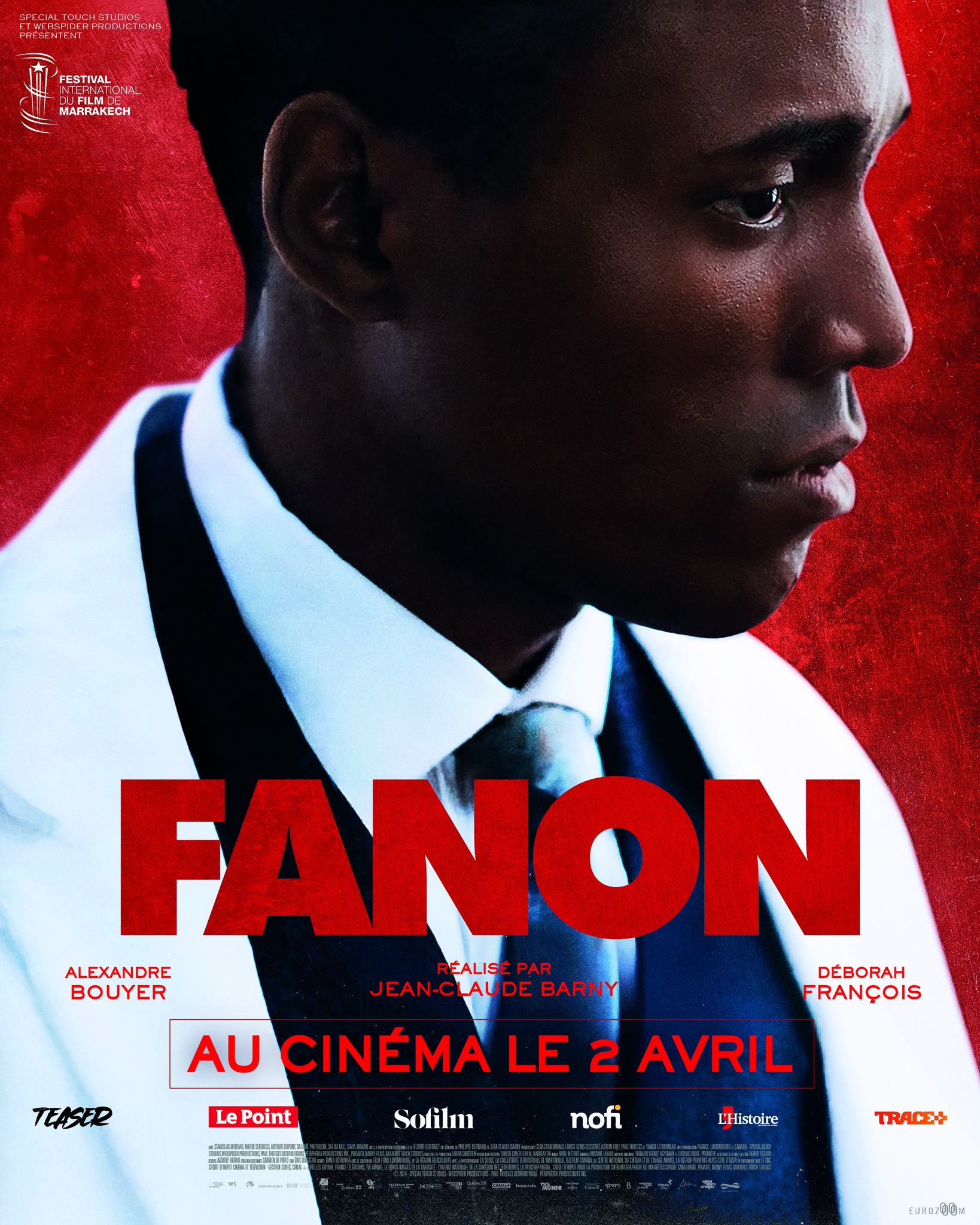
Fanon is much more than a biopic. It’s an artistic response to a burning question: who has the right to tell history? By refusing to conform to the norms, by breaking taboos, the film stands out as one of the defining works of our time.
In a France where memories clash, Fanon brings a raw truth to the surface: it’s time to listen to the voices that have been silenced for far too long.
